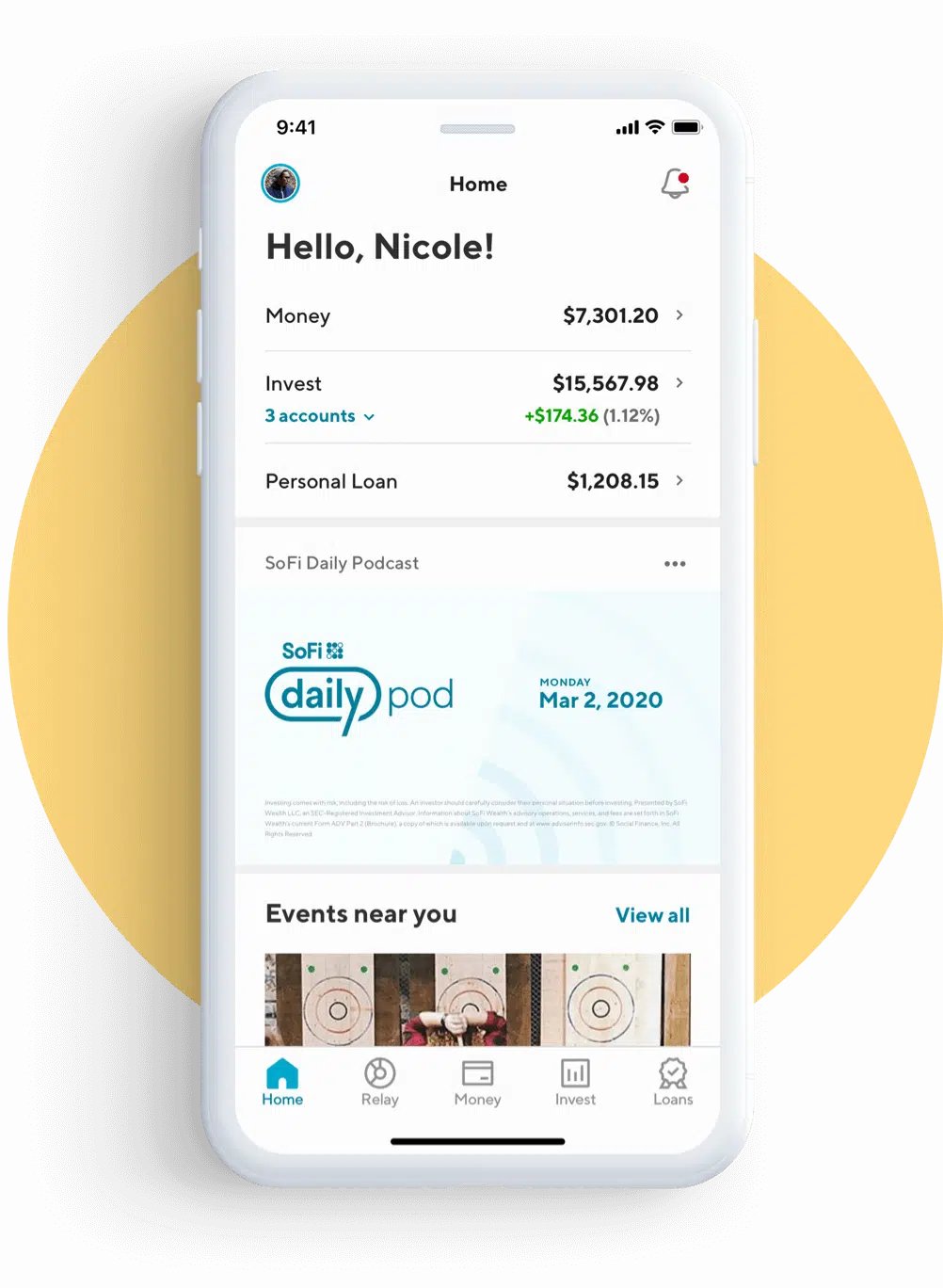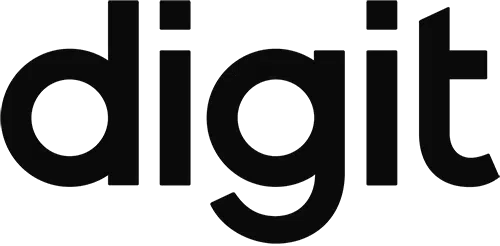The greatest approach to eliminate student debt is to pay more each month than the minimum. The greater amount of money you put toward your loan, the less interest you’ll owe and the faster the balance will go away.
To figure out how quickly you could pay off 50k student loans and how much money you’d save in interest, use a student loan payoff calculator. Already done that? Here are seven ideas for getting rid of educational debt even faster.
How to Pay Off $50K in Student Loans Fast
Do you want to be a student loan success story like me? Learn the secrets of paying off your student loan debt fast so you can become debt-free.
1. Make extra payments the right way
There is no penalty for paying off student loans early or more than the required amount. However, there’s a catch with prepayment: Student loan servicers may apply the excess payment to the next month’s payment.
Advances your due date, but it won’t help you pay off student loans faster. Instead, tell them to apply any overpayments to your current balance and keep the following month’s commitment.
You can make another payment at any time throughout the month, or you may pay off your student loan in full on the due date. Either option might save you a lot of money.
Let’s assume you owe $10,000 with a 4.5 percent interest rate. If you were on a 10-year repayment schedule and paid an additional $100 every month, you’d be debt-free more than five years ahead of schedule if you had paid the normal monthly payment.
Saving an extra $100 each month for loan repayment is easier than you think.
2. Use debt payoff apps
Any large chunk you can put towards your loans will go a long way towards relieving debt-related stress. That is where paying off your debt using debt payoff apps like ChangEd can really pay off.
ChangEd gives borrowers the ability to link all of their loans and builds a repayment journey that aligns with any budget. This app will help you save in small increments and automate those savings toward your debt regularly to help borrowers save in interest and become debt free sooner.
ChangEd, a Shark Tank and Mark Cuban backed app, is an app that allows you to link all of your student loans into one easy to use app. This app will help you build a repayment path that’s budget friendly and will automate extra savings it finds toward your debt.
It’s helped thousands of borrowers pay off over $20 Million in debt, saving the average borrower thousands in interest costs and helping them pay it off years sooner.
3. Refinance if you have good credit and a steady job
Refinancing your student loans may help you pay off those loans faster while without having to pay extra.
To lower your costs, refinancing replaces several student loans with a single private loan at a cheaper interest rate. Choose a new loan term that is less than the remaining amount on your existing debts to speed up repayment.
If you opt for a shorter period, your monthly payment may go up. However, it will help you pay off your debt faster while also saving money on interest.
For example, refinancing $50,000 from a rate of 8.5 percent to a rate of 4.5 percent may allow you to pay off your student debt in under two years rather than the normal three years. It will also save you roughly $13,000 in interest over the life of the loan even if payments remain unchanged.
If you have a credit score of at least 700, a good income, and a debt-to-income ratio of less than 50 percent, you’re a prime candidate for refinancing. If you want or need features like income-driven repayment or Public Service Loan Forgiveness, you shouldn’t refinance federal student loans.
If you are ready to lower your interest rate and decrease your monthly payment our top recommendation for student loan refinancing and consolidation is SoFi.
SoFi is an online lender that helps you with your student loans. If you want to change your current student loan to get better perks, SoFi's refinancing option is a great choice. If you need a new student loan, SoFi is also good because it lets you choose how you pay it back and doesn't charge extra fees.
Related: 5 Key Benefits of Refinancing Student Loans
4. Enroll in autopay
Signing up for autopay is another option to reduce your student loan’s interest rate if you don’t want to refinance your student loans.
If you let your bank account be automatically debited, you may qualify for a quarter-point interest rate reduction from student loan servicers. Many private student loan lenders also provide for automatic bank payment deductions.
If you can borrow $10,000 at 4.5% interest and pay it back in five years, with no penalties for paying early or late, your interest savings will be minimal — about $144 over a 10-year repayment plan. But that’s still more money to put toward student debt repayment.
Contact your servicer to enroll or to see whether an autopay discount is available.
5. Make biweekly payments
The technique of making a payment every two weeks instead of one full payment monthly is a deceptive method to motivate yourself to pay more on debt. Pay half of your money each two weeks rather than one complete payment monthly.
You’ll wind up paying an extra payment each year, which will save you time on your repayment schedule and money on interest charges.
To discover how much time and money you may save, use a biweekly student loan payment calculator.
6. Pay off capitalized interest
If your loans are subsidized by the federal government, interest will accumulate while you are in school, and your grace period and periods of deferment and forbearance will begin once more.
The more interest you pay, the greater your loan expands and the more interest you’ll pay. When payments begin, your balance increases, and you’ll be charged interest on a larger amount.
To avoid capitalization, consider making monthly interest payments while it accrues.
Or make a lump-sum interest payment before your grace period or postponement ends. That won’t immediately speed up the payoff process, but it will mean a smaller balance to get rid of.
7. Stick to the standard repayment plan
Unless you opt out, the government sets a ten-year repayment schedule for federal student loans. The quickest approach to pay off federal student loans is to stick with the standard plan.
Federal loans come with various income-driven repayment options, which may extend the payback period to 20 or 25 years. You can also combine student loans and consolidate them, extending the payback period to a maximum of 30 years if your balance is zero.
If you don’t truly require these alternatives and can afford to stay on the standard plan, it will lead to a faster path to becoming debt-free.
8. Use ‘found’ money
If you obtain a raise, a student loan refinance bonus, or another financial windfall, set aside at least a portion of it for your debt. Consider using this breakdown: 50% of the extra income could be directed toward debt repayment, 30% to savings, and 20% to fun, discretionary spending.
Some businesses provide student debt repayment as a perk for their staff. Check to see whether your firm has an employee student loan forgiveness program and sign up if you haven’t already.
You may also establish side hustles to help you pay off student loans faster. For example, you can trade your unused gift cards; rent out your spare room, parking space, or car; or offer your talents as a freelancer or consultant on the side.
It’s important to make yourself a set of rules, such as finding ways to save $200 or even saving $1000 a month so you can put it towards your student loans. Some money-saving apps, like Digit and Qapital, can also help you create savings objectives and regulations.
- Digit is an app that helps you put money in a savings, investment, and/or retirement account.
- Digit looks at your linked bank account balance to determine how much you can save each day.
- The app chooses your investments based on how much risk you want to take.
How I Paid Off $50,000 in Student Loans
Those are the tried and tested tips straight from the personal finance experts.
But do you want to know my story on paying off $50,000 in student loans in 3 years? If so, keep on reading!
I came to the US in 2001 from a country called Kazakhstan. Right away my parents wanted me to apply myself and really make the best of all the opportunities our new home had to offer. I studied hard, generally got good grades and went to a good college.

My parents are pragmatic and wanted me to choose an online degree program or simply commute to school to save on costs. I absolutely hated the idea because I thought I would miss out on all the fun. I threw a few tantrums, but in the end, I had to concede and began commuting to school every day. And I was right, I absolutely hated it!
Sophomore year I took matters into my own hands and applied for a student loan to cover the costs of my housing on campus. My parents protested, but this time it was their turn to concede because they saw how unhappy I was.
So the next semester, I moved into my new dorm which would be my home for the next 3 years. Needless to say I was over the moon!
Related: How to Pay Off $30,000 of Student Loans
The First Time I Checked My Balance
My college experience was excellent and I had a great time. It was a big slap in the face when I checked my balance shortly before I graduated and happiness was replaced with panic!
I was $53,000 in debt and my highest job offer was only $45,000. What is worse, during the course of my entire education I never once learned anything about personal finance.
I could tell you random facts about marketing and management, I could recite something I learned in history class, but I literally didn’t know how to build a personal budget or use budgeting tools!
After the initial shock wore off I quickly started doing research and reading up on anything I could get my hands on. My first read was The Richest Man in Babylon which was given to me by a friend and that book literally changed my entire outlook on money.
I started to understand the difference between wealth and income. I began to understand the behavior of money and how to make it work in my favor!
The Pact
On my graduation day, I made a pact with myself that I would pay off my student loans in 5 years or less no matter what.
I did not want to be entering my late 20s and early 30s still making minimum payments and living paycheck to paycheck. I committed to learning more about personal finance and budgeting.
I didn’t get it right the first time and it took me about a year before I finally settled on a system to keep track of my money. I created a custom Excel sheet where I meticulously kept track of all my expenses down to the penny.
I daresay I took it too far at times by foregoing social events because I knew I would end up spending money there. Looking back, it would have been better to take it easy at times and not be so stingy with my money.
In any case, I decided to take the aggressive approach and paid more than double the minimum payment suggested by my lender. I also made the decision to live at home for a while so I could divert additional funds towards my repayment. All in all, the first year after graduation I paid off $21,000 in debt.
I was proud of this achievement, but it came at the cost of not having any savings. I was essentially throwing the majority of my paycheck towards loan repayment and not saving anything for myself or helping my parents.
I still look back to this time and thank my good fortune that nothing bad ever happened which would have required a savings cushion!
Paying Off $50,000 in Student Loans
After the lessons, I learned from my first year I toned it down a lot with my loan repayment, but I still paid double from what my lender suggested.
I re-balanced my budget to save more money and even started putting a little bit aside to invest in a retirement account. It was a slow process, but a constant one towards being completely debt free.
During this time I learned that consistency is much better than the wild repayment I practiced in my early days. I was able to achieve multiple things at once by being conscious of my budget as opposed to throwing all my money into one basket.
If I could go back in time I would have rather paid off less in my first year but would have saved more instead.
Freedom At Last: Paying Off $50,000 in Student Loans
On January, I made my final debt payment! I was ecstatic and literally jumped up and down the house while screaming.
My dad thought I was fighting off a burglar. I successfully paid off all my loans in 3.5 years, 1.5 years ahead of schedule.
Something changed inside me that day and I suddenly felt like anything was possible. I no longer needed to have a job that was so demanding just to pay the bills.
I started being more relaxed in the workplace which somehow led to me being more respected by my coworkers!
I no longer had that fear inside me which makes people do things they don’t like. It was the most liberating feeling ever.
So I decided that it was the right time for me to pursue one of my oldest childhood dreams; traveling the world!
I quit my job in May and after spending the summer selling my stuff and getting things in order, I boarded a one-way flight to Colombia.
The plan was to backpack around and use the new-found freedom to pursue my other passion which is writing and creating value. The freedom was intoxicating!

Being Debt Free is More Than Just a Number
Having freedom from debt is one of the most pivotal moments in my life. Paying off $50,000 in student loans debt gave me the courage to pursue my dreams and live life on my own terms.
I was no longer afraid to be myself for fear of upsetting my boss or coworkers. It was more than just a zero student loan balance, it was a rebirth.
Having successfully tackled my student debt I feel confident in my ability to make good financial decisions. I’m not worried about making big purchases and major investments because I know I have the skills to succeed.
I honestly learned more in the 3.5 year period I was paying my loans than I did in college.
One of the best things anybody can do with their life is to become debt free. Even if you don’t have wild ambitions or a crazy desire to travel the world, your quality of life will increase dramatically.
Author: Bakhtiyar Baidaralin is passionate about helping his fellow millennials with their student debt problems. He graduated college in 2012 with $53,000 in debt and made a vow to himself that he would pay off my loans in under 5 years. The thought of having complete financial freedom absolutely electrified him and he poured all his energy into achieving this goal.









